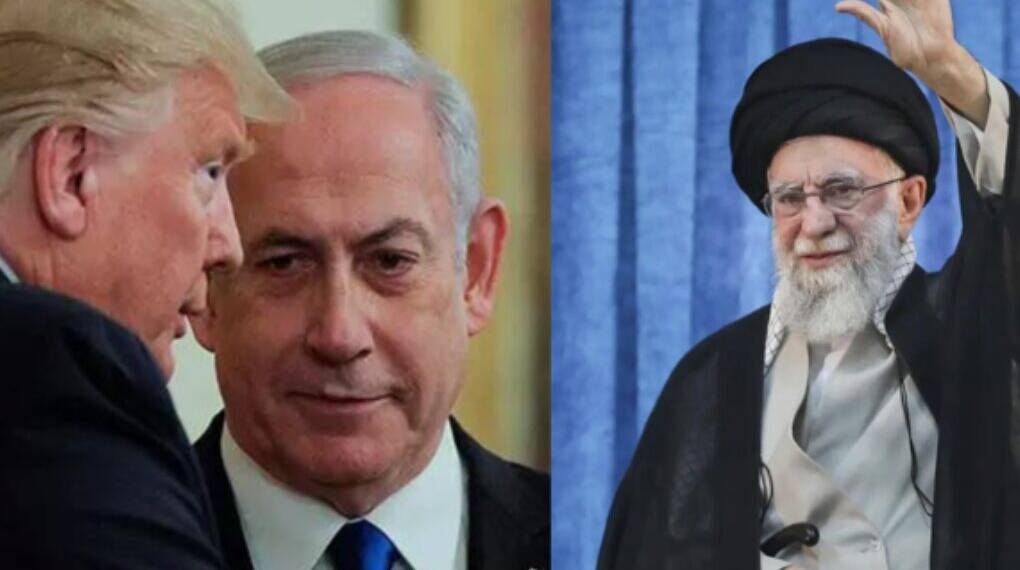As Israel signals its readiness to strike Iran and Tehran escalates its warnings, the Middle East finds itself teetering dangerously close to a major conflict. This is not just another episode in the long, tense saga between Iran and Israel; this moment feels more like the climax. What is unfolding now may determine whether diplomacy still holds sway or whether the region descends into a catastrophic war.
The CBS News report that Israel has informed U.S. officials it is “fully ready” to launch an operation into Iran is a seismic development. It is not unprecedented for Israel to strike Iranian targets — covert operations, cyberattacks, and shadow warfare have been part of their playbook for years. But a full-scale military campaign? That would mark a historic and potentially region-defining escalation.
The reasons behind Israel’s urgency are understandable. The International Atomic Energy Agency (IAEA) recently reported that Iran now possesses over 408 kilograms of uranium enriched to 60% purity. That’s perilously close to weapons-grade — and a significant increase in a short time. Israeli Prime Minister Benjamin Netanyahu has long warned that the world is underestimating how close Iran is to crossing the nuclear threshold. According to Netanyahu’s worldview, a nuclear-capable Iran is not just a threat — it’s an existential one.
In Washington, President Trump’s administration is walking a tightrope. While his envoy Steve Witkoff is still pursuing diplomatic talks, the situation may already be slipping beyond the reach of negotiation. Trump’s recent remarks — particularly his admission that he is “much less confident” about a nuclear deal now — indicate that even the administration’s optimism is waning. Diplomacy is faltering under the weight of Iran’s uranium enrichment and Israel’s mounting impatience.
Complicating matters further, Iran has begun jamming GPS signals in Iraqi airspace — a clear signal of preparation for possible retaliatory strikes. Iran’s Defense Minister Aziz Nasirzadeh was blunt: if conflict breaks out, U.S. bases across the region will be targeted. The U.S. military is already preparing, having ordered evacuations from Iraq, Bahrain, and Kuwait. This is not a drill. This is strategic maneuvering on the edge of a war.
And yet, one must ask: What’s the endgame?
For Israel, a successful strike might delay Iran’s nuclear capabilities, but it is unlikely to eliminate them. Iran’s nuclear infrastructure is widely dispersed, hardened, and partially underground. For Iran, retaliation would come at a steep price — but so would inaction, given the internal pressure from hardliners who see any concession as a sign of weakness.
The United States is caught in the middle. On one hand, it is the only power capable of restraining Israel and guaranteeing that diplomacy continues. On the other hand, its military presence in the region makes it a natural target if Iran decides to lash out.
At this point, war is not inevitable, but it is increasingly probable. What’s needed now is strategic clarity from all sides. The Trump administration must decide whether it will back Israel’s operation, try to stop it, or simply attempt to contain the fallout. Meanwhile, Tehran must decide whether its national interest lies in provoking a war or returning to the table with real concessions.
History will not be kind to those who chose escalation over negotiation without exhausting every diplomatic option. The clock is ticking — not just toward potential Israeli airstrikes, but toward a moment of irreversible regional destabilization. Everyone involved should remember that in the age of modern warfare and nuclear ambition, a miscalculation is not just a mistake — it’s a catastrophe.







